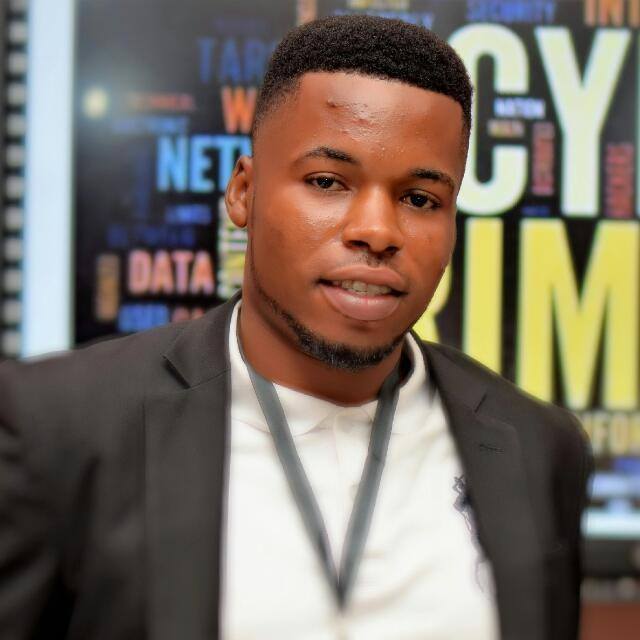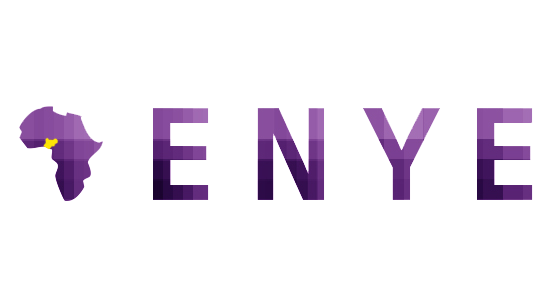Eric Okemmadu Ogonna

Eric Okemmadu Ogonna
You are a student at the University of Owerri? What are you studying? How many years have you been there?
Yes, I am a student of Federal University of Technology Owerri (FUTO), offering Information Management Technology as a course in the institution. This is my final year in the school and not withstanding the struggle for the past 4 years, I’ve made progress.
Did you grow up in the region of Nigeria as Owerri, Imo State?
Not really, I had my basic education in Lagos; thereafter, my secondary schooling in my home town Anambra state.
Can you tell me more about Anambra State and what it was like growing up there? What were you doing before you became a student at FUTO?
Anambra is a state in Eastern Nigeria, that borders Imo State. I grew up in the city of Ihiala, Anambra, which is where my quest for learning started. After graduating high school in 2011, I had no hope of university education because my parents couldn’t afford it. But I knew I loved computing, despite the limited experience I’d had in school.
So how did you end up studying this in University?
A few days after graduation, I started working as a bricklayer. After 3 months I saved about 20000 Naira [$120] from it. With this money I learned a skill which I’d been interested in: computer repair. I told my parents and they supported me. I got better at repairing computers, and by 2012 I started my own computer repair business in my home town, Ihiala. While doing this work I saw many opportunities I could get if I got a degree in the field, so I went ahead and purchased a university admission form with cash saved from the business.
How did you learn to repair computers?
I learned computer repair from a man named Johneb in Ihiala, my home city. Johneb taught me computer operations for one month before proceeding to computer repair and other hardware maintenance such as printers. He worked at a university close to the town, and would teach us from 7am-10am every day, then go to work. Then he’d be back by 4pm, and supervise the task he gave to us that morning. After 6 months, he started sending us out to the field to fix computers and printers for some of his clients. The money I saved while from bricklaying work was what I took to register for this training and internship.
Then you took these skills and started your own business?
From the six months of training, I got the confidence to go around the town on Saturdays looking for people who needed help with computer issues. From that I started earning and saving some cash which was the main capital I used to establish my own business after the training.
You mentioned the support you got from your parents, and in particular, you mom. What do your parents do?
My mum is a trader. She sells breadfruit and it has been the major source for financing of my education, although now I support myself by fixing laptops. My dad does not work, he underwent a major surgical operation and was asked not to do hard-work.
What kind of things are important to you? Family? Religion? Health? Community? Success? Why?
They are all important, but I will say success is the most important to me. This is because I believe that success is evidence showing that resources were not wasted for a given endeavor. And the thing about success is that once it is achieved, both religion, community, family and even health as well as other aspects of human life embraces it.
In summary, I love being successful in anything I venture into because that tells/proves my hard work, particularly when that work is not visible to my friends and relatives.
I love what you have said here about success, particularly your point about success being evidence that you haven’t wasted the resources given to you. How would you define success in the field of web development? You can be specific.
Web development can be defined as the ability to understand and utilize those abstract languages to build/create a new website/app/program that solves a particular problem.
I would like to get better with Javascript, Python, React js, PHP and SQL.
For now, I want to finish my education and secure employment. If I can raise the money, I want to get an MSC at Massachusettes Institute of Technology (MIT) in Information Technology.
When you applied for Enye, you wrote in your application essay about an idea you have to build websites in Pidgeon English, and Igbo. Can you elaborate on that? Why is this important? What kind of websites/programs would you want to make in Pidgeon English?
The official language for communication in Nigeria is English which is actually taking away the native languages.
Language is the glue that holds culture together, however, as an underdeveloped country there aren’t many platforms to learn a native language properly. The best way to learn this is online, but network coverage in this country is quite poor, it will be paramount to build a learning program that teaches young children their proper native language and additionally doesn’t require a high internet speeds to work.
Such a website/online app will be important because it’s an idea someone else haven’t developed and any platform which captures the native languages and their proper learning procedures will be highly welcomed by the Nigerian people. It is also important because in the near future this type of program will be necessary in Nigeria because of how quickly English is taking over our native languages and it may even warrant government intervention to support any platform that can improve on that.
Basically I have two in mind: Native language Social Network on long run, and on short run native language learning application.
Interesting. Are there any tech resources in the Igbo language at this point? Like Facebook?
Some, but they are not standard, and no Facebook.
You said that “language is the glue that holds culture together.” Can you elaborate on this?
Yes, language is just like bond that groups a particular colony of people. There is this joy and comprehension that comes into someone if he/she meets one that speaks his/her native language out of their country or another state, and they were able to interact. Language does not only stand as a medium of interaction/communication but also, it is seen as part or even the major culture of a people.
Finally, I’d love to know how you learned about Enye, and what has been the best part of the program so far. If there is one thing that Enye could improve on, what would it be?
I learned about Enye through one of our lecturer in the school by name Uche.
The best part for me is having someone who is patient enough to mentor us from scratch and as well using diverse means to make sure we understand, and even went ahead to allocating 2GB of data per week to us.
Eric Okemadu Ogonna
Cohort 1


